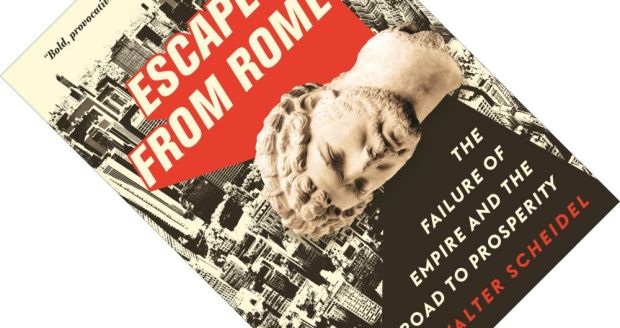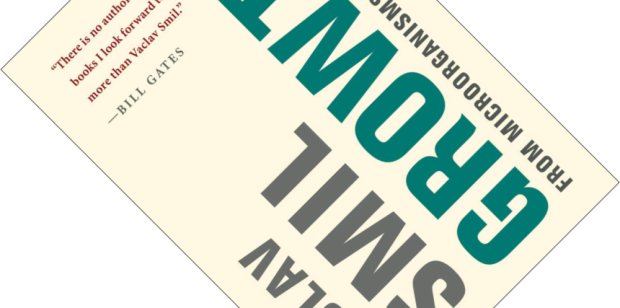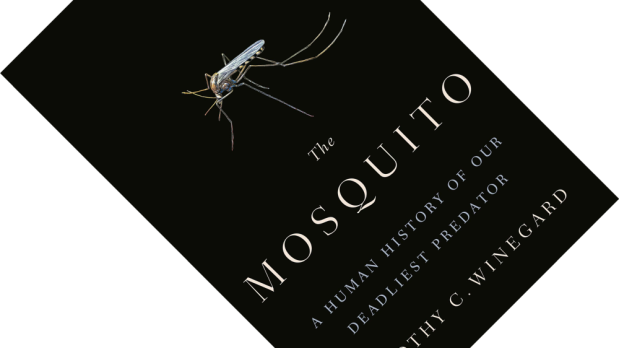7-minute read
I will happily shoehorn a Monty Python reference into any conversation, but in this case historian Walter Scheidel beat me to it. What did the Roman Empire ever do for us? It fell and never returned—and with it, it paved the way for modernity. That, in one sentence, is the bold idea Scheidel puts forth here. And rather than ask why Rome fell, he has far more interesting questions for you. Why did nothing like it arise ever again in Europe? Why did it arise in the first place? And how did this influence the way Europe came to dominate the world much later? Escape from Rome is a brilliantly subversive book that offers a refreshingly novel look at how Europe got to where it is now.





